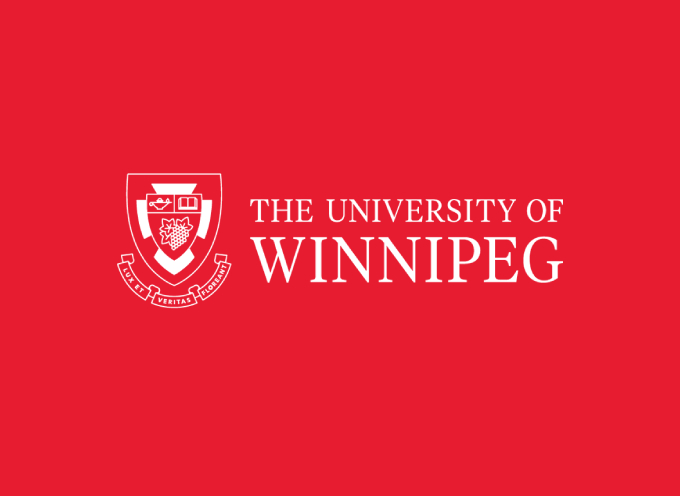The University of Winnipeg’s Board of Regents last evening approved a preliminary Operating Budget of over $142 million for the 2016-2017 fiscal year. If the upcoming provincial budget results in changes to our assumptions, UWinnipeg administrators will bring forward an amended budget for Board approval in the summer or fall. The 2016-2017 Operating Budget is in line with UWinnipeg’s three year budget strategy, informed by and aligned with its Strategic Directions and approved by the Board of Regents in January 2016.
UWinnipeg’s operating budget assumes a tuition increase as mandated by the province of 1.2% and modest fee increases which amount to a $55 annual increase for the average student.
Domestic enrolment is expected to remain consistent while international enrolment is projected to increase by 5%. UWinnipeg currently has approximately 10,000 students of which 600 are international.
Budget 2016-2017 maintains the number of faculty members and continues funding key investments initiated last year to enhance student wellness and support academic and research excellence including: three new counselling positions added to the campus wellness team; and a dedicated position to assist faculty in obtaining external research funding and to identify new sources of grant revenue.
UWinnipeg continues to invest in Indigenization initiatives, as recommended by the Truth and Reconciliation Commission, including a mandatory Indigenous course requirement that comes into effect in fall 2016, and strengthening of Indigenous language programs.
Vacancy management (delaying the hiring of support staff), has been heavily relied upon to manage UWinnipeg’s budget in recent years. Vacancy management is expected to save $4.9 million in the coming year. However, as new revenues and cost-savings are realized, the goal is to reduce vacancy management to a more sustainable level by 2018-2019.
Over the past eight years, UWinnipeg has streamlined administrative operations and cut more than $15 million in annual expenses from its Operating Budget. As a result of the historical provincial grant imbalance and inherited pension pressures, UWinnipeg has run a pension related deficit in six of the past seven fiscal years*. UWinnipeg now expects to eliminate the pension deficit by 2018-2019.
“Education is a top priority for most Manitobans. Post-secondary education is more than just preparing students to think critically and fill future jobs,” said Dr. Annette Trimbee, President and Vice-Chancellor. “Universities also conduct relevant research and provide infrastructure to collaborate with governments, and the private and non-profit sectors to solve some of our society’s most persistent challenges. We look forward to a year of productive partnerships.”
*Since 2007, UWinnipeg officials have been working in collaboration with the provincial government to address the historical funding imbalance UWinnipeg faces compared to other post-secondary institutions. The University of Manitoba and Brandon University receive operating grants of almost double that received by the University of Winnipeg on a per student basis. This is a historical imbalance that goes back
MEDIA CONTACT
Diane Poulin, Senior Communications Specialist, The University of Winnipeg
P: 204.988.7135, E: d.poulin@uwinnipeg.ca





